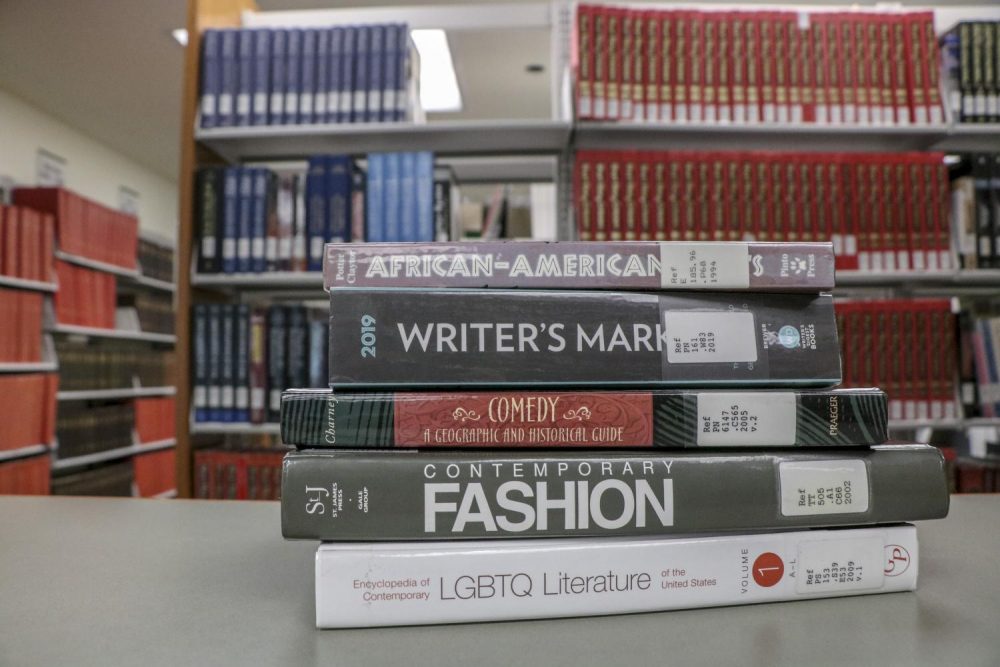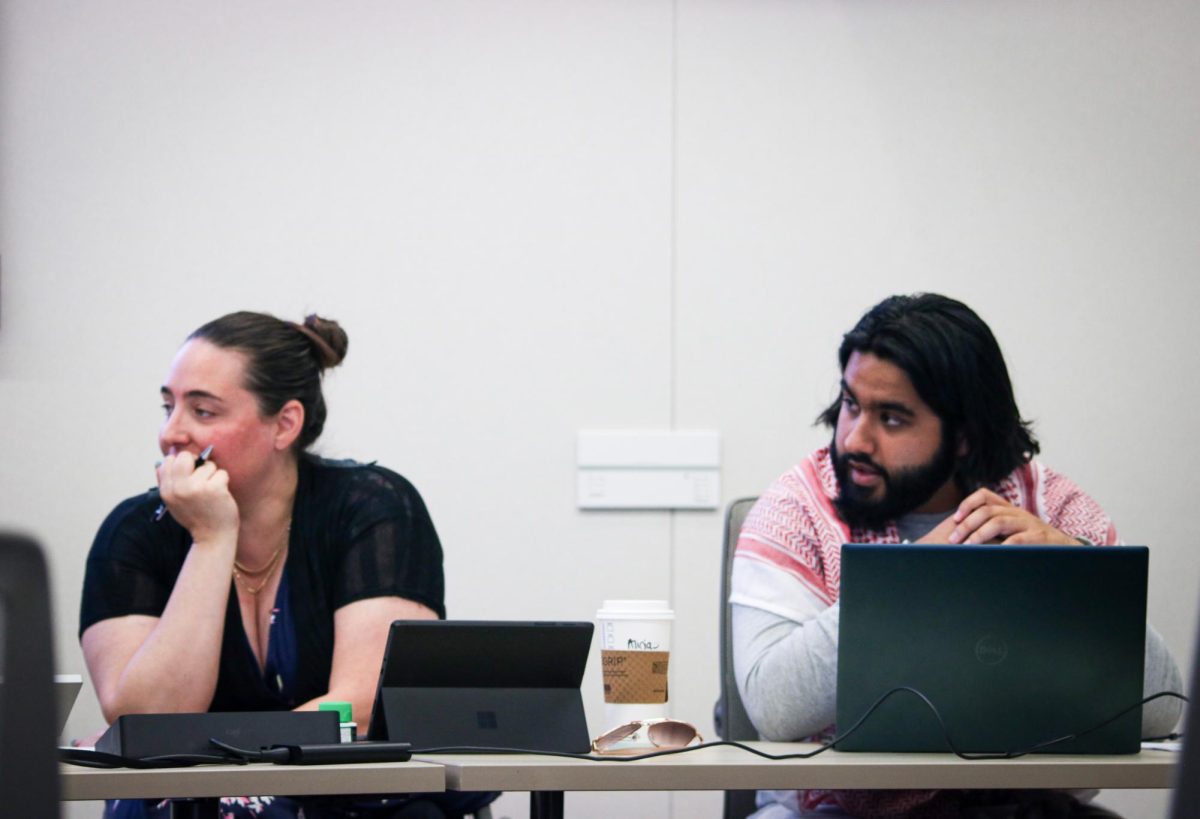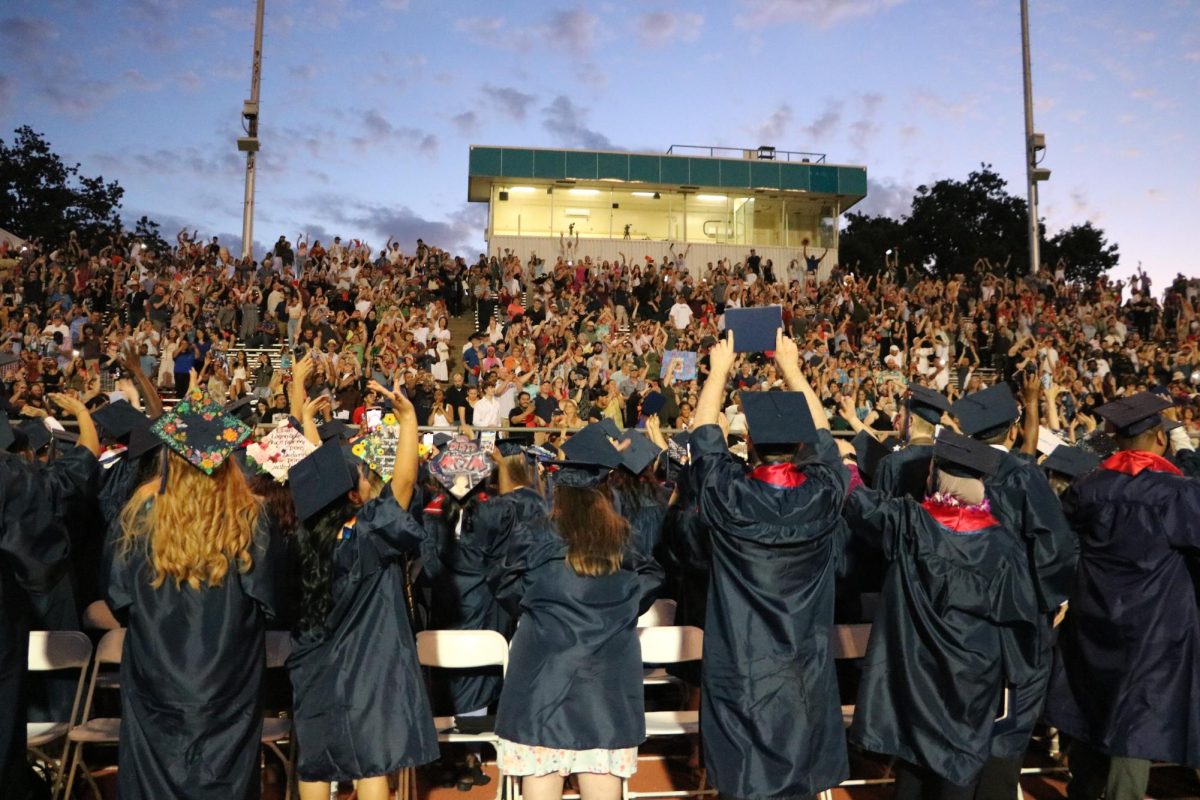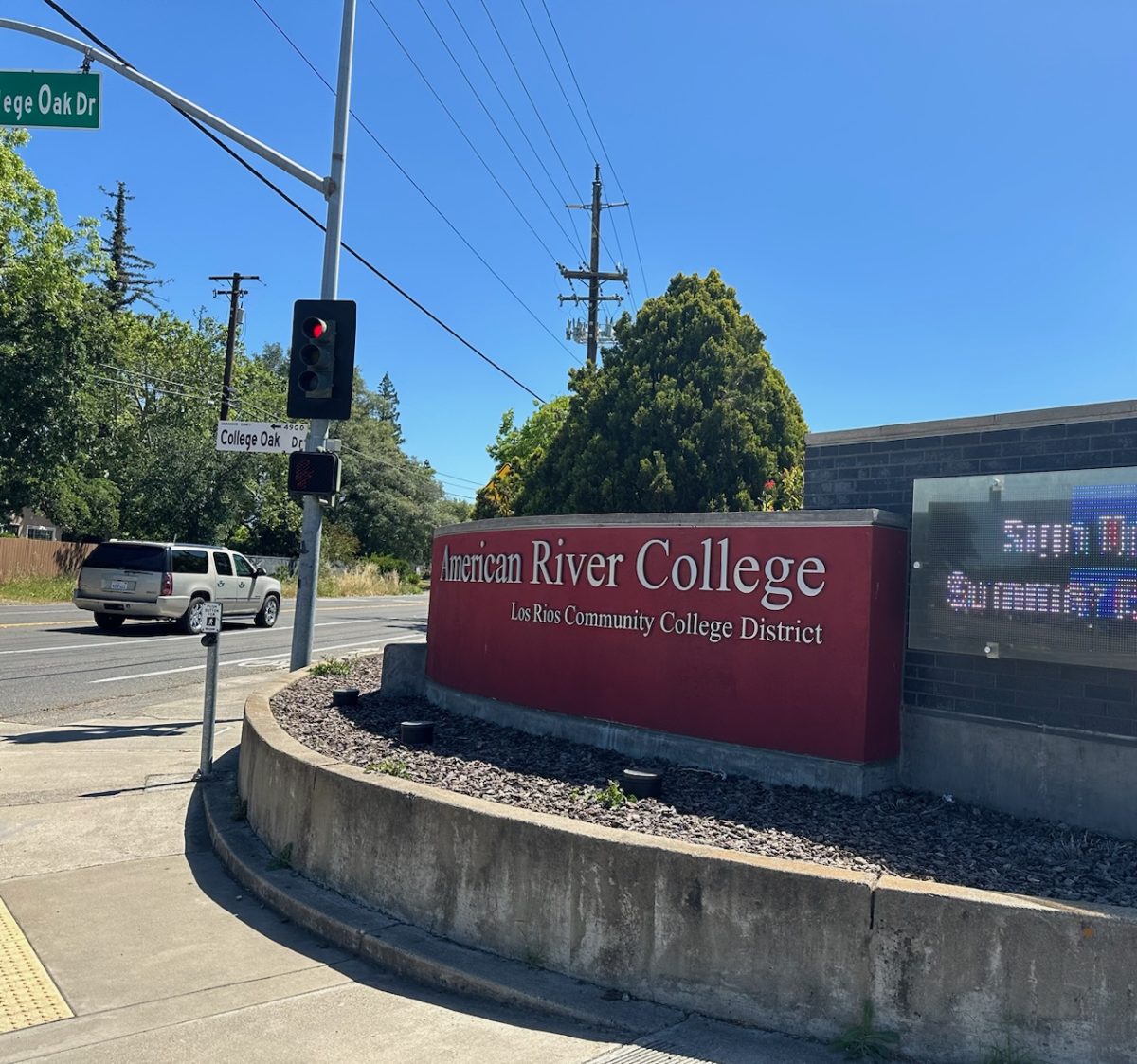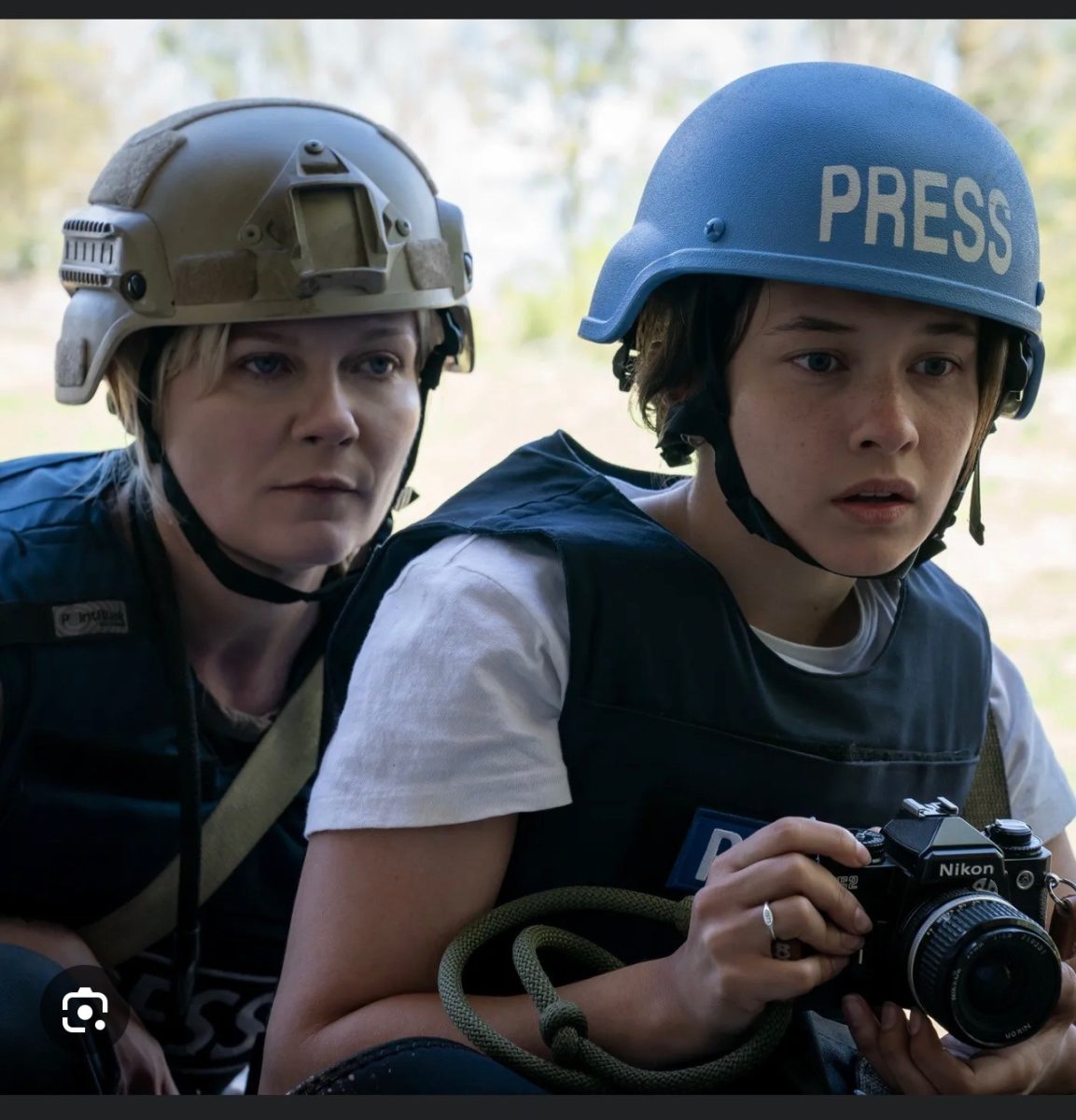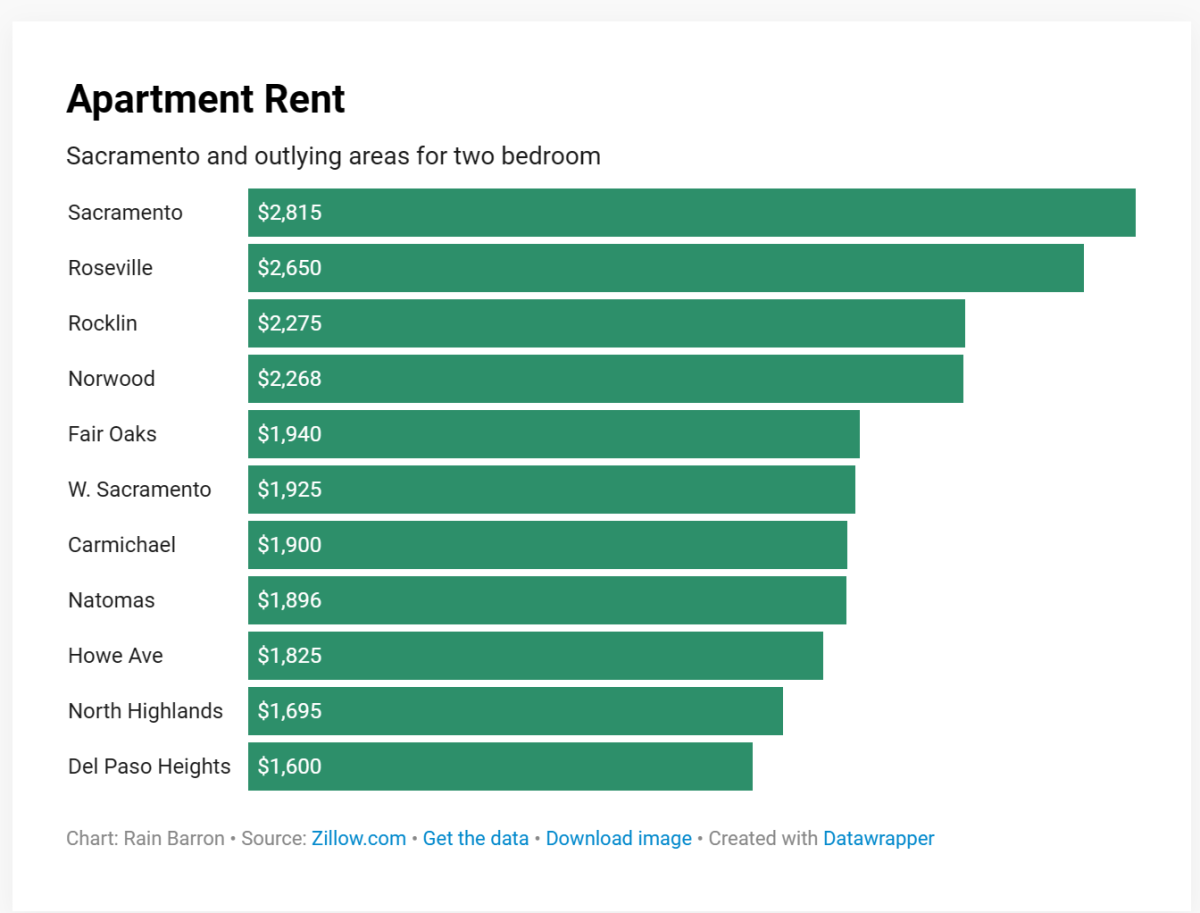Textbooks are one of the biggest resources for the average college student, often viewed as a pricey but mandatory class material.
Following Senate Bill 1359, however, American River College has been making changes over the past year to ensure that more low-cost materials and textbooks are readily available to students.
SB 1359, signed into law in September 2016, requires that community colleges note in class schedules which courses use free or digital course materials.
ARC’s Public Information Officer Scott Crow said the Los Rios Community College District is taking the necessary steps in order to accommodate the new bill.
“We know that for many students the costs of textbooks can be a significant barrier to academic success,” Crow wrote in an email to the Current.
Daniel Crump, a librarian at American River College, assists the Instruction Office in ensuring that classes meet the requirement of SB 1359, which requires that there are reduced cost textbooks or materials for each section — what he calls “quality control.”
“The Instruction Office gets the information of which section they have been told are low cost,” Crump said. “And I basically do the double-check to make sure it’s accurate.”
Crump is also a provider of Open Educational Resources (OER), course materials that according to ARC’s online library guide to textbooks are “openly available for use by educators and students, without an accompanying need to pay royalties or license fees.”
“What we’re trying to do at both the college level and the district level is to make sure that classes can be no or low cost to the students,” Crump said.
However, Crump says low and zero-cost textbooks (ZTC) do not promise that free textbooks and materials are offered for every class.
“We always tell professors [they] have the choice of what materials they want to use, but we just want to offer, highlight, and mention the opportunities that are there for low or no cost textbooks,” Crump said.
Steve Sterling, a geology professor at ARC, does his best to make textbooks and materials as accessible as possible to students.
“I always do whatever I can for my students, by photocopying the materials besides my textbook, make it available online,” Sterling said. “Whatever I can do to avoid cost to them and make their life easier and more likely for them to stay in school.”
Sterling said textbooks are one of the largest expenses college students can face, and the cost can become detrimental to students’ academic progress.
“Most of the community college students have jobs and if a typical textbook is going to be $165 and the lab could be another $90,” Sterling said. “[So] you’re talking about several days worth of wages to pay for one class’s book, it really is a barrier for many students to finish the class.”
Even with the many difficulties, Crump said his goal is to ensure that as many classes as possible can utilize zero or low-cost textbooks.
“Things have changed,” Crump said. “There are better quality materials out there. At one time people thought that since a textbook may be no cost then it must not be good, and we’re trying to change that perception.”


